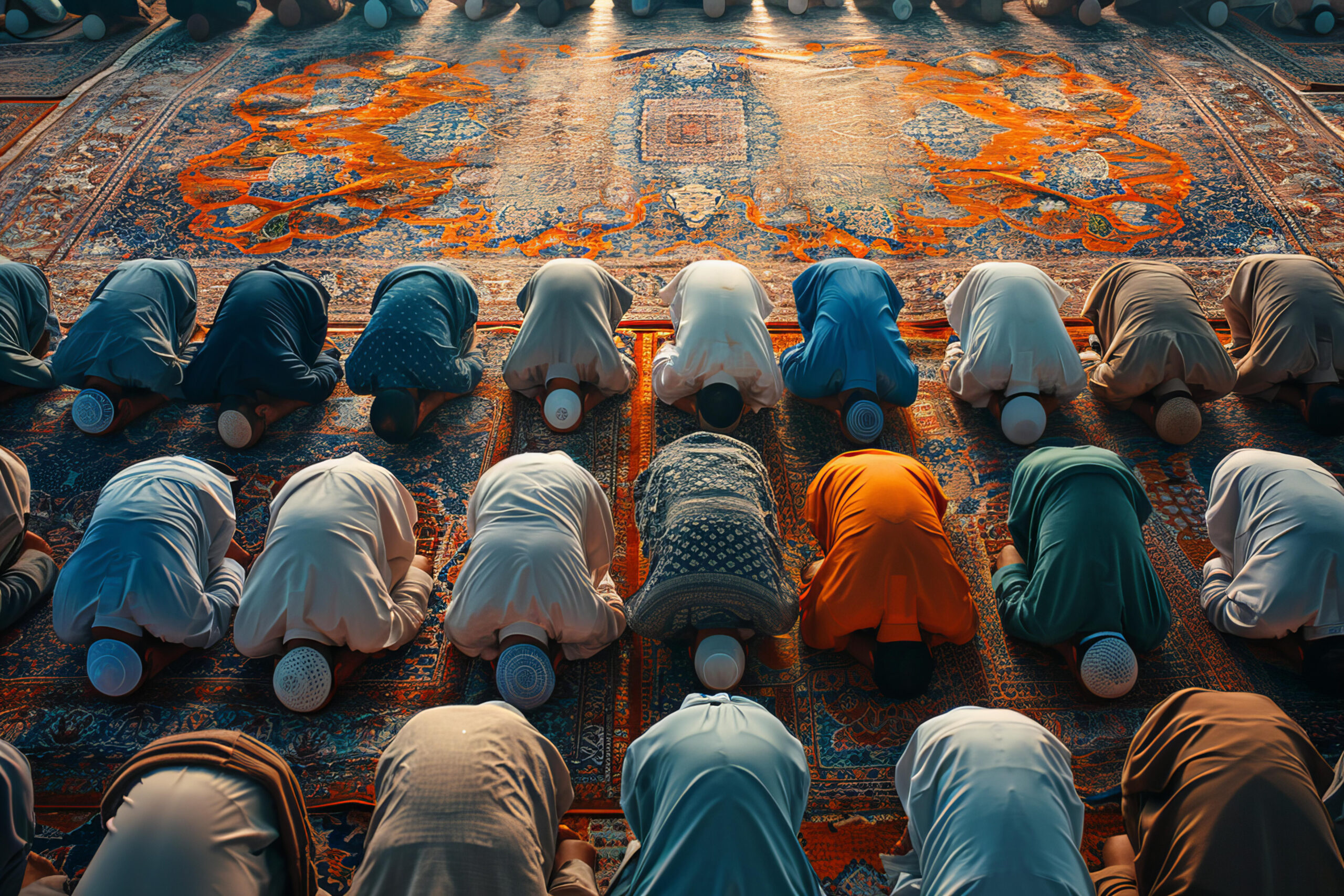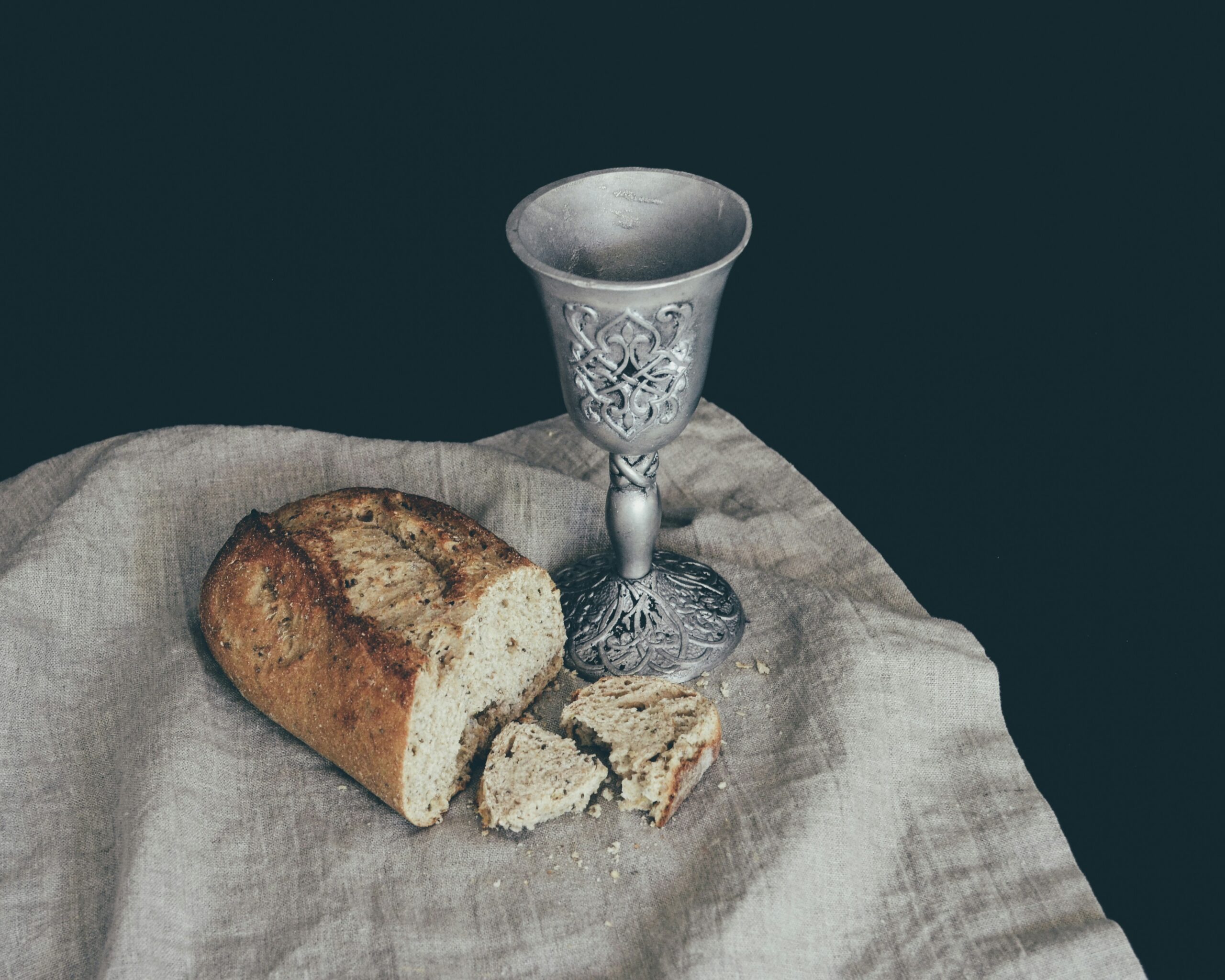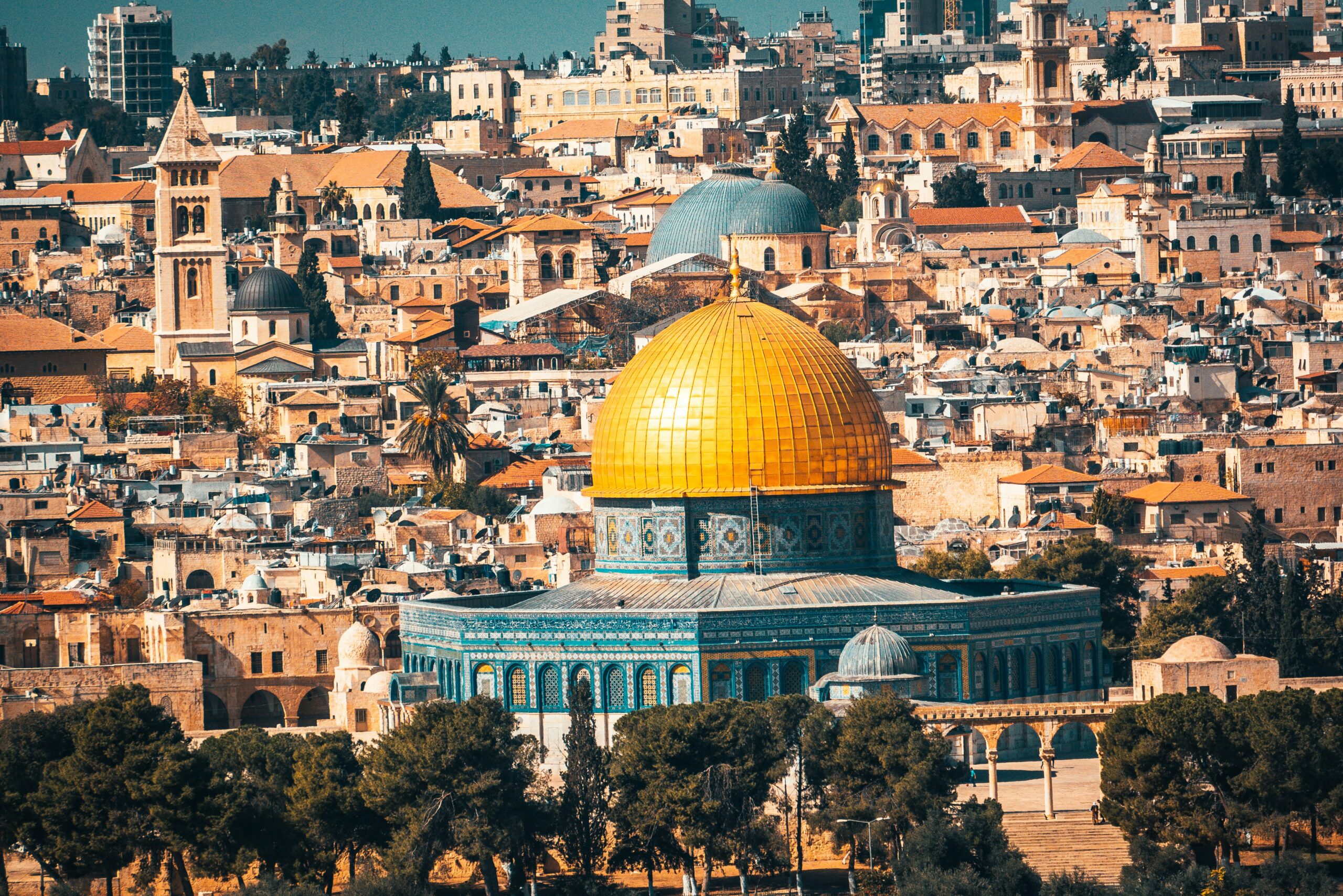
From day one of human existence, religion has provided one of the most persistent explanations for that existence, often centered around the concept of an all-powerful Creator; it encourages us to reflect on profound questions about the origins of the universe and our interactions within it. And if science can and will explore the process and mechanics of our existence and the world around us, religion explores the purpose of that existence.
Exploring the possibility of a truth that religion may offer can profoundly impact your present and future life, making it a high-priority topic worth investigating. Being born into a wrong belief system or environment doesn’t invalidate the crucial role of spiritual life or the validity of a search for an authentic religion; objectivity and sincerity are all tools you will need on this journey.
Let’s embark on this quest together! We’re excited to share insights, spark discussions, and uncover the wonders of Islam for you.
What exactly is Islam?
“I have always held the religion of Muhammad in high estimation because of its wonderful vitality. It is the only religion which appears to me to possess that assimilating capacity to the changing phase of existence which can make itself appeal to every age. I have studied him – the wonderful man and in my opinion far from being an anti-Christ, he must be called the Savior of Humanity.”
- George Bernard Shaw
“The Genuine Islam,” – 1936
ISLAM – A MAJOR WORLD RELIGION

Follower
Year of preserved history
God
Mosques around the world
Per year growth, as the fastest-growing religion in the world
LESSONS AND TUTORIALS
Step by step: Islam’s Authentic practices made easy and comprehensive
BECOMING MUSLIM
One God, one message.
A believer submits to God’s will and, therefore, lives according to His Divine revelation. That state of faith is called Islam, which is not a proper name but a state of being.
PRAYER
Prayer is a direct connection between the believer and the Creator that achieves the worship of Allah alone, which Muslims consider the purpose of life.
CHARITY
Zakat is a mandatory system of almsgiving in Islam. It is a religious obligation for every adult Muslim who meets the necessary criteria of wealth.
QURAN
The Quran is Islam’s holy scripture and is God’s literal verbatim. It is a duty upon every Muslim to read the Quran and pound upon it consistently
PILGRIMAGE
The pilgrimage is the fifth pillar of Islam. It is the only form of worship that combines all the components of any worship: spiritual, physical, and financial. It is also time—and place-specific.
TOP ARTICLES
Rediscover Your Passion for Faith
LATEST ARTICLES
Islam: A universal, timeless message for humanity

What makes Islam
true?
Islam presents faith as a natural automatic conclusion of reason and logic. Unlike any other religion, in Islam, a brainless blind faith is a weak, harmful faith. So, let’s use that sense of reasoning and logic to verify that.
Read more …

From a Muslim to an Atheist friend
I will share my perspective in a way that resonates with your quest for truth. As part of your journey, I will let you enter my brain and see my reasoning as a Muslim. You may see the world as I see it.
Read more …

The fall of the church and raise of atheism
In a world where beliefs shape societies, the decline of organized religion, particularly Christianity, and the rise of atheism have become fascinating topics of discussion. This transformation is not merely a trend but a profound shift in human history that has evolved over the last centuries.
Read more …

WHY CAN’T I ACCEPT RELIGION!?
Faith is a deeply personal struggle that involves not just your beliefs but also the dynamics of your relationships and community. The fear of rejection, of being seen as an outsider or a traitor, can be paralyzing. Pride and expectations, as well as the burden of tradition, add to the complexity of the decision.
Read more …
PERSONAL CLASSES
Assistance and accompaniment specific to you
The Messenger of Allah(Pbuh), said:
inhabitants of the heavens and earth, even the fish in the depths of
the water, seek forgiveness for the scholar. The virtue of the scholar
over the worshiper is like the superiority of the moon over the stars.
The scholars are the inheritors of the Prophets. They do not leave
behind gold or silver coins, but rather they leave behind knowledge.
Whoever has taken hold of it has been given an abundant share.”
Rooted in the principles of monotheism and submission to the will of God, Islam represents a collective journey towards harmony, a path where individuals unite in faith and practice to achieve a greater sense of peace and balance. This journey is about personal enlightenment and fostering harmony within communities and societies, promoting compassion, justice, and equality among all people.
Through objective sources of morality and practices like prayer, charity, fasting, and an authentic source of revelation, Muslims strive to create a harmonious society where compassion, justice, and respect for all are paramount.
Contrary to what the media has been spreading for decades, the teachings of Islam emphasize the importance of tolerance, empathy, and mutual respect while maintaining justice, and offer a path towards a harmonious existence both within oneself and to others, embodying the spirit of the collective journey towards peace and unity.
Need Help?
Have a Question?

Coming Next …
Palestine-Israel Conflict: What Does Islam Say About It?
Deeply rooted in geopolitical, historical and religious narratives, The Palastine-Israel conflict is one of the most enduring and complex struggles in our modern history, and Islam has a role to play in the conflict and the solution.
Frequently Asked Questions
The name “Allah” is the Arabic (ancient Semitic language) word for “The God”, it is genderless and has no plural form, it is used predominantly in Islam to refer to the only deity worshiped by Muslims. The origin of the name “Allah” can be traced back to the pre-Islamic era in Arabia. this same term is used in various Aramaic/Arabic-speaking Christian communities, especially those that follow Eastern Christian traditions.
In Aramaic, an ancient Semitic language also and the primary language spoken by Jesus Christ, the term for God is “ܐܠܗܐ” (pronounced as “Alaha” or “Alāhā”), and this is what Jesus used to call God. and is linguistically related to the Hebrew word El (Elohim) for God.
Sunni and Shia in Islam are the two main branches of Muslims (Not Islam), with the primary difference being the succession of leadership after the death of the prophet Muhammad peace be upon him; which makes more of a political than theological difference.
Both Sunnis and Shias agree on the core tenets of Islam, such as the belief in one God and the prophethood of Muhammad, and perform the five pillars of Islam.
Sunnis make up the majority of the Muslim population globally, comprising about 90% of Muslims.
Based on the principle of the free will, Islam teaches respect for other religions and their followers, while also asserting the belief that Islam is the true and final revelation from God.
Allah explicitly says in the Quran: “Let there be no compulsion in religion, for the truth stands out clearly from falsehood. So whoever renounces false gods and believes in Allah has certainly grasped the firmest, unfailing hand-hold. And Allah is All-Hearing, All-Knowing.” Quran 2:256
Jihad is often misunderstood as holy war, but in Islam, it refers to the struggle or striving in the way of Allah. It can include personal, spiritual, and societal efforts to uphold righteousness and lastly fighting enemies or attackers in the context of war.
Absolutely not!
Outside of Christianity, Islam is the only religion that recognizes Jesus as the Messiah and believes, and his second coming; Muslims believe in his miraculous birth, and all the miracles that he performed, and anticipate his second coming.
While he is revered as a mighty prophet and messenger within a chain of messengers sent by Allah, but not divine.





